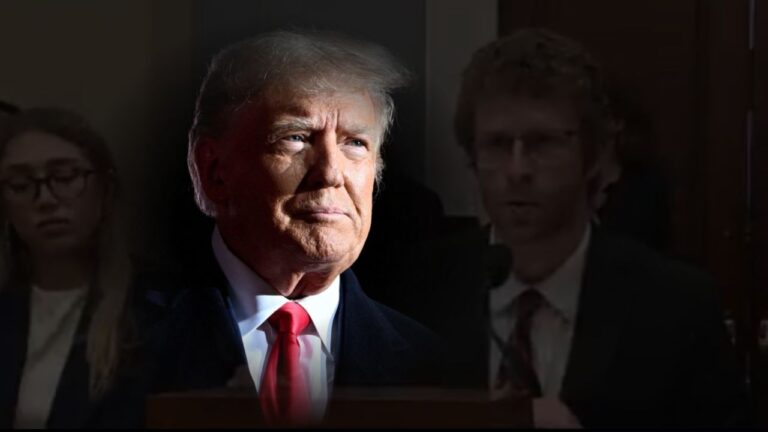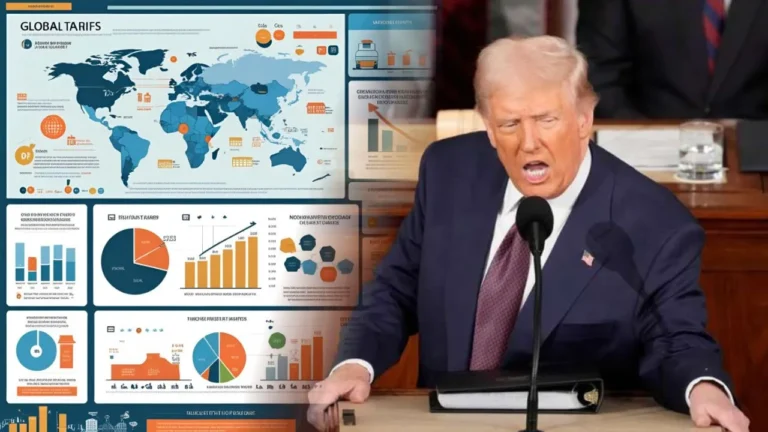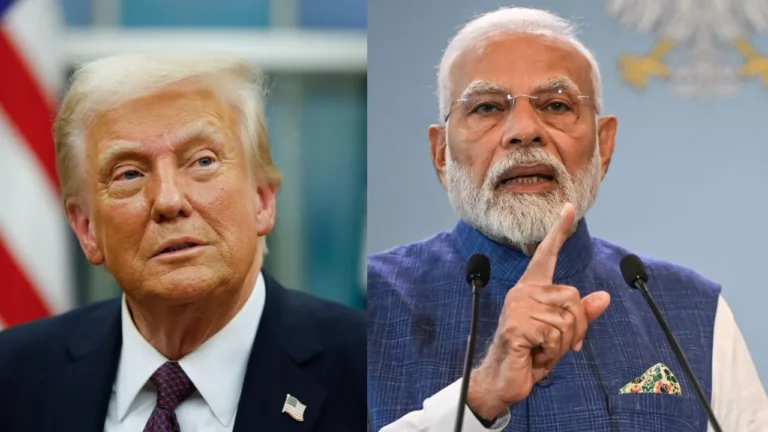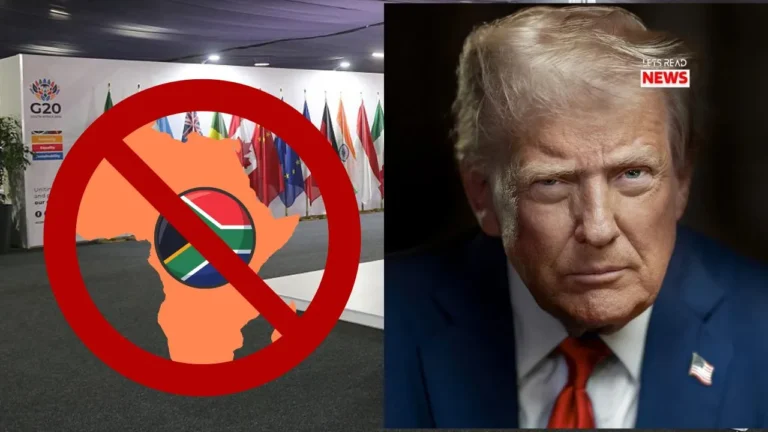Government Shutdown: A Looming Crisis for Millions of Americans
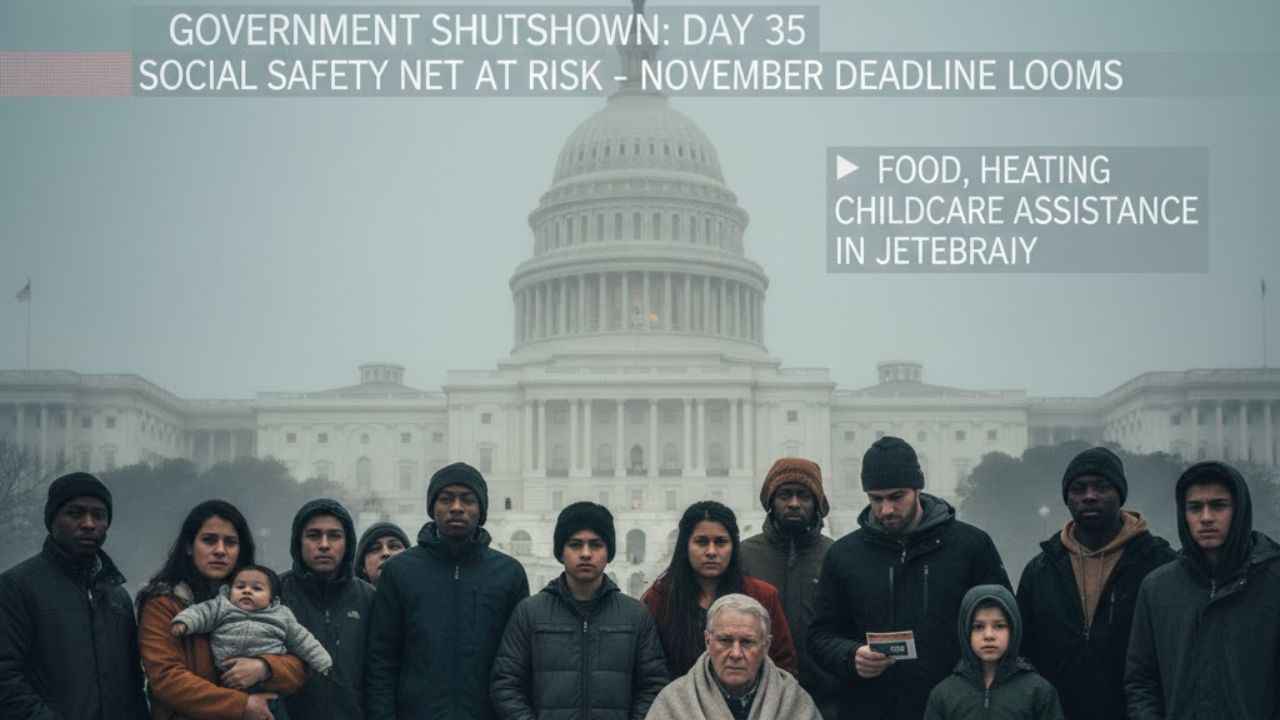
As the U.S. government shutdown continues, inching closer to a historic duration, the chasm between a deeply divided Congress and the White House appears to widen with each passing day. The political stalemate, primarily centered on funding for border security, has far-reaching consequences that extend beyond the halls of Washington D.C., directly impacting the lives of millions of vulnerable Americans.
The most immediate and pressing concern is the precarious state of crucial social safety net programs. Federal support, the lifeblood of these initiatives, is dwindling rapidly, and projections indicate that by November, millions of individuals and families could face severe hardship. Access to essential services such as food assistance, heating subsidies, and childcare support is now at risk, threatening to exacerbate existing economic insecurities and push more people into poverty.
For instance, the Supplemental Nutrition Assistance Program (SNAP), commonly known as food stamps, is a lifeline for over 40 million Americans. With federal funding jeopardized, states are bracing for the possibility of being unable to issue benefits, leaving countless families struggling to put food on the table. Similarly, the Low Income Home Energy Assistance Program (LIHEAP), which helps low-income households afford heating costs, faces an uncertain future as winter approaches. The withdrawal of this support could force many to choose between keeping warm and paying for other necessities.
The ripple effect extends to childcare as well. Federal subsidies that enable working parents to access affordable childcare are also in jeopardy, potentially forcing parents out of their jobs or into financially unsustainable situations. This not only impacts individual families but also has broader implications for the economy and workforce participation.
Adding another layer of complexity to the already fraught negotiations, President Trump has publicly called for the abolition of the Senate filibuster. This move, if successful, would fundamentally alter the legislative process, potentially allowing the majority party to pass legislation with a simple majority, circumventing the need for bipartisan consensus. While proponents argue it would streamline governance, critics fear it could further entrench partisan divisions and lead to more extreme policy outcomes, making compromise even more elusive.
The current shutdown is not merely a political squabble; it is a humanitarian crisis in the making. The longer it persists, the more severe the consequences for ordinary Americans. The inability of political leaders to find common ground is not only eroding public trust but also actively harming the very citizens they are sworn to serve.
The coming weeks will be critical. The urgency of the situation demands immediate and decisive action from all parties involved. The well-being of millions of Americans hinges on their ability to set aside political differences and work towards a resolution that prioritizes the needs of the nation over partisan agendas. The question remains: will they rise to the occasion before it’s too late?

